European Games: sambo, sport and politics in Baku
Olympic warm-up event in Azerbaijan overshadowed by human rights allegations
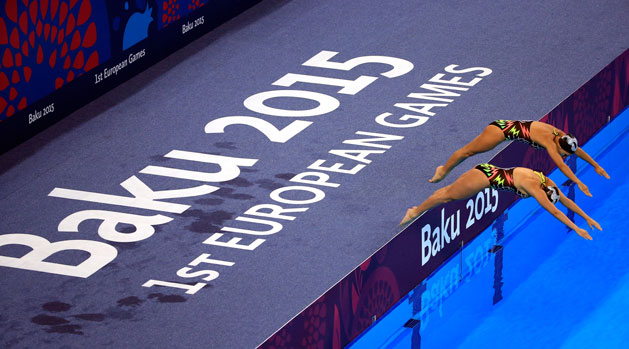
A free daily email with the biggest news stories of the day – and the best features from TheWeek.com
You are now subscribed
Your newsletter sign-up was successful
Stand down the Twitter mobs - sambo isn't what you think. It's a sport, admittedly not one you're likely to see on primetime Sky Sports any day soon. Developed as a combat sport by the Soviet Union's Red Army in the 1920s, it combines judo, ju jitsu and wrestling.
Sounds like a blast, and if you want to see sambo in action, tune into the inaugural European Games that start today in Baku. That's the capital of Azerbaijan for the geographically-challenged.
It might not sound like the most exciting of athletic meets, but it's one that Great Britain is taking seriously all the same with the BBC reporting that the British team contains the "largest overseas contingent since the 2008 Beijing Olympics".
The Week
Escape your echo chamber. Get the facts behind the news, plus analysis from multiple perspectives.

Sign up for The Week's Free Newsletters
From our morning news briefing to a weekly Good News Newsletter, get the best of The Week delivered directly to your inbox.
From our morning news briefing to a weekly Good News Newsletter, get the best of The Week delivered directly to your inbox.
It's not hard to understand why. The 2016 Olympics begin in just over a year and for many of Europe's top athletes – particularly those in non-mainstream sports – the European Games represent a good opportunity to measure their progress and weigh up their rivals.
Approximately 6,000 athletes from 50 European countries will compete in the Games between 12 and 28 June. The event is similar in format to the Olympic and Commonwealth Games, featuring 20 sports including gymnastics, rowing, fencing, shooting and swimming.
Of the sports on offer, 16 are Olympic disciplines with karate, basketball 3x3, beach soccer and sambo the only exceptions. The BBC says there will be 253 medal events and "opportunities in 12 sports to qualify for next year's Olympics in Rio".
Team GB comprises 160 athletes who will compete in 13 sports, although, alas, sambo isn't one of them. Among the British competitors will be several who tasted success at the 2012 London Olympics – gold medal boxer Nicola Adams, judo silver medallist Gemma Gibbons and Ed McKeever, who took gold in the sprint canoeing.
A free daily email with the biggest news stories of the day – and the best features from TheWeek.com
Team GB will not feature any track and field athletes or cyclists, absences which are sure to have a negative impact on the popularity of BT Sport's coverage of the Games. But a much bigger problem for the image of the Games is the host nation's human rights record and its attitude to any criticism of it.
The country is governed by the New Azerbaijan Party, which has been in power since 1995. President Ilham Aliyev succeeded his father in 2003 and has in recent years been condemned by the EU, US, and rights organisations for, says the BBC, "detaining political prisoners, widespread corruption and election fraud".
Amnesty has been an outspoken critic of the Aliyev regime, as has Human Rights Watch, which says that Azerbaijan "is experiencing one of its worst human rights crises in over two decades since its independence" and that the president is orchestrating a "relentless and systematic crackdown" against his opponents.
The Guardian claims it has been banned from covering the Games because of its role in exposing Azerbaijan's "crackdown" while the United Nations has also been critical of the country's governance.
But none of this appears to have bothered the European Olympic Committee. "It is not the EOC's place to challenge or pass judgment on the legal or political processes of a sovereign nation," they said in statement in response to concerns raised by human rights groups. "Like all sports organisations, we must operate within existing political contexts."
-
 What are the best investments for beginners?
What are the best investments for beginners?The Explainer Stocks and ETFs and bonds, oh my
-
 What to know before filing your own taxes for the first time
What to know before filing your own taxes for the first timethe explainer Tackle this financial milestone with confidence
-
 The biggest box office flops of the 21st century
The biggest box office flops of the 21st centuryin depth Unnecessary remakes and turgid, expensive CGI-fests highlight this list of these most notorious box-office losers
-
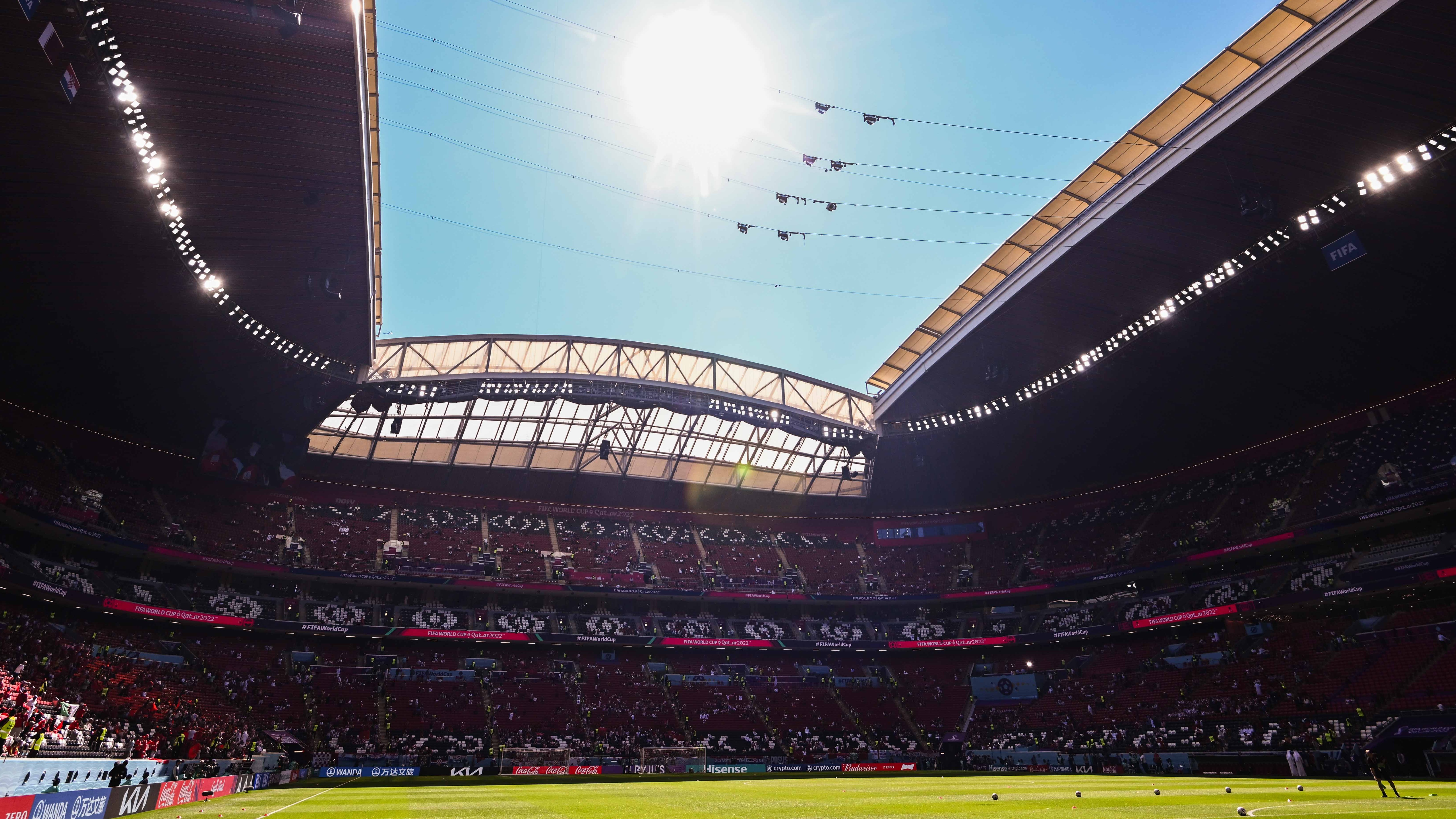 Qatar’s white elephant World Cup
Qatar’s white elephant World CupTalking Point Tournament host facing ‘buyer’s remorse’ over ‘giant waste of money’
-
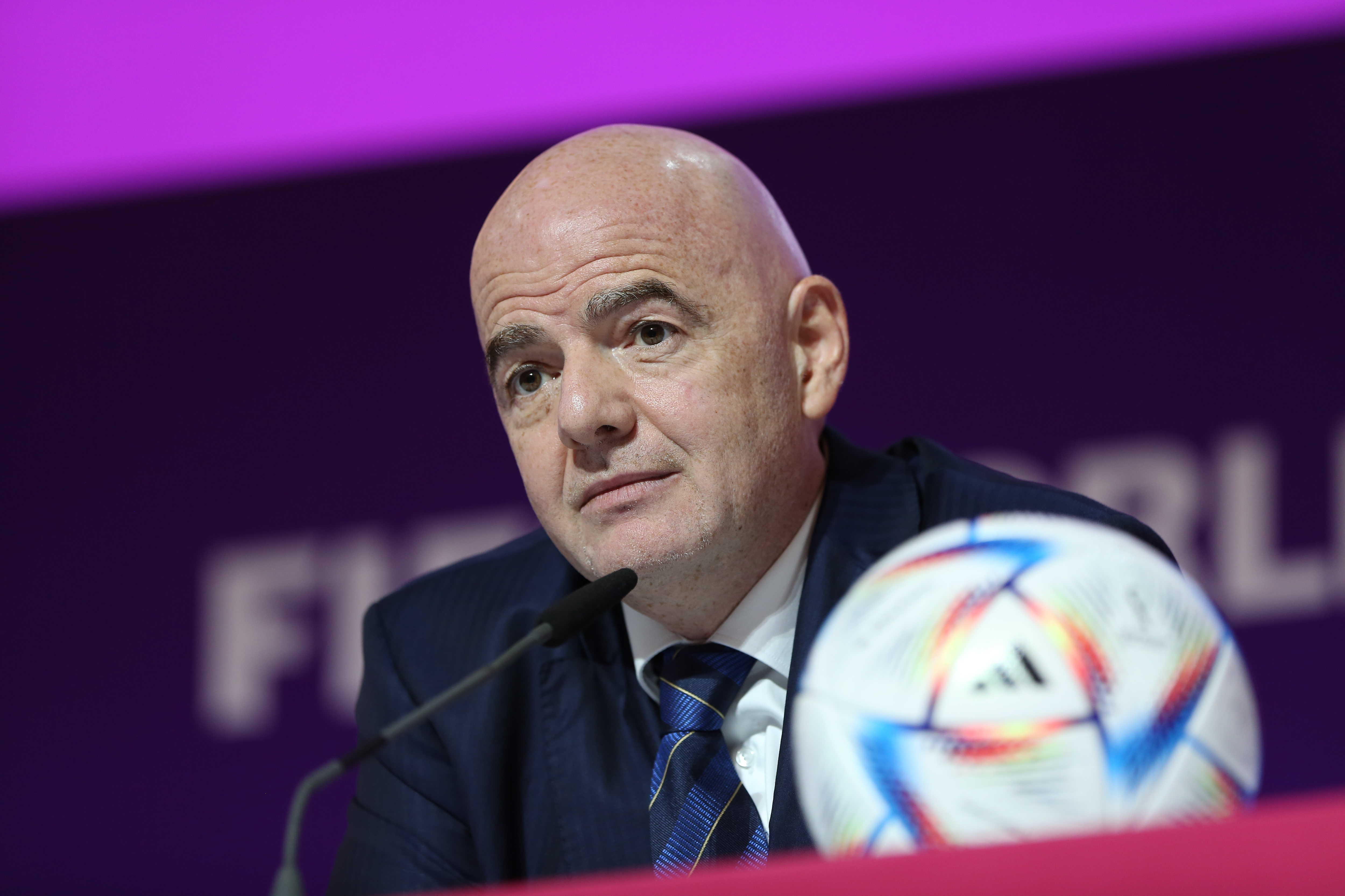 FIFA president defends World Cup in Qatar despite country's human rights record
FIFA president defends World Cup in Qatar despite country's human rights recordSpeed Read
-
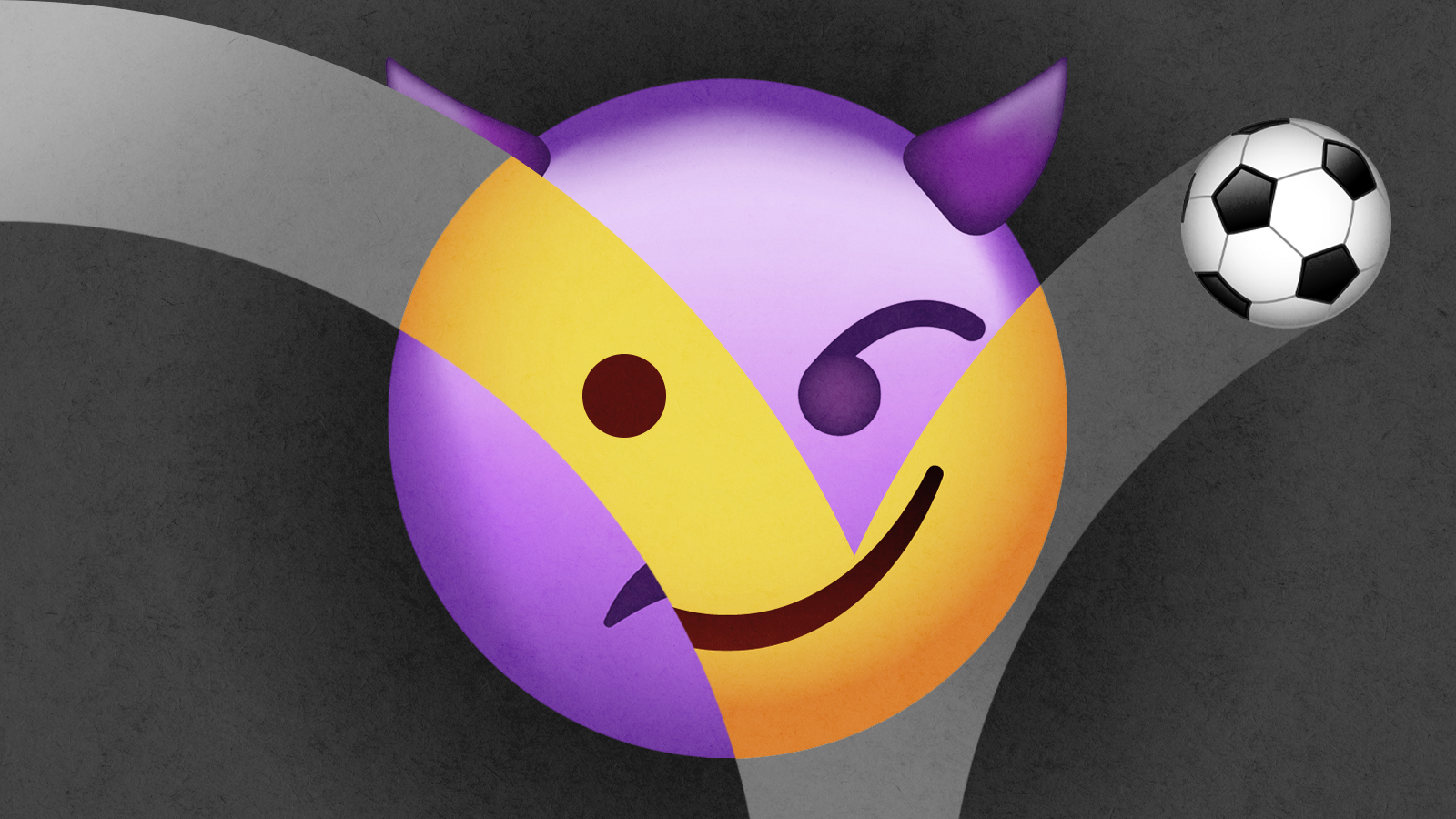 The role of sportswashing in politics and athletics
The role of sportswashing in politics and athleticsSpeed Read The term has gained traction in recent years, but what does it really mean, and how does it affect the world's sports?
-
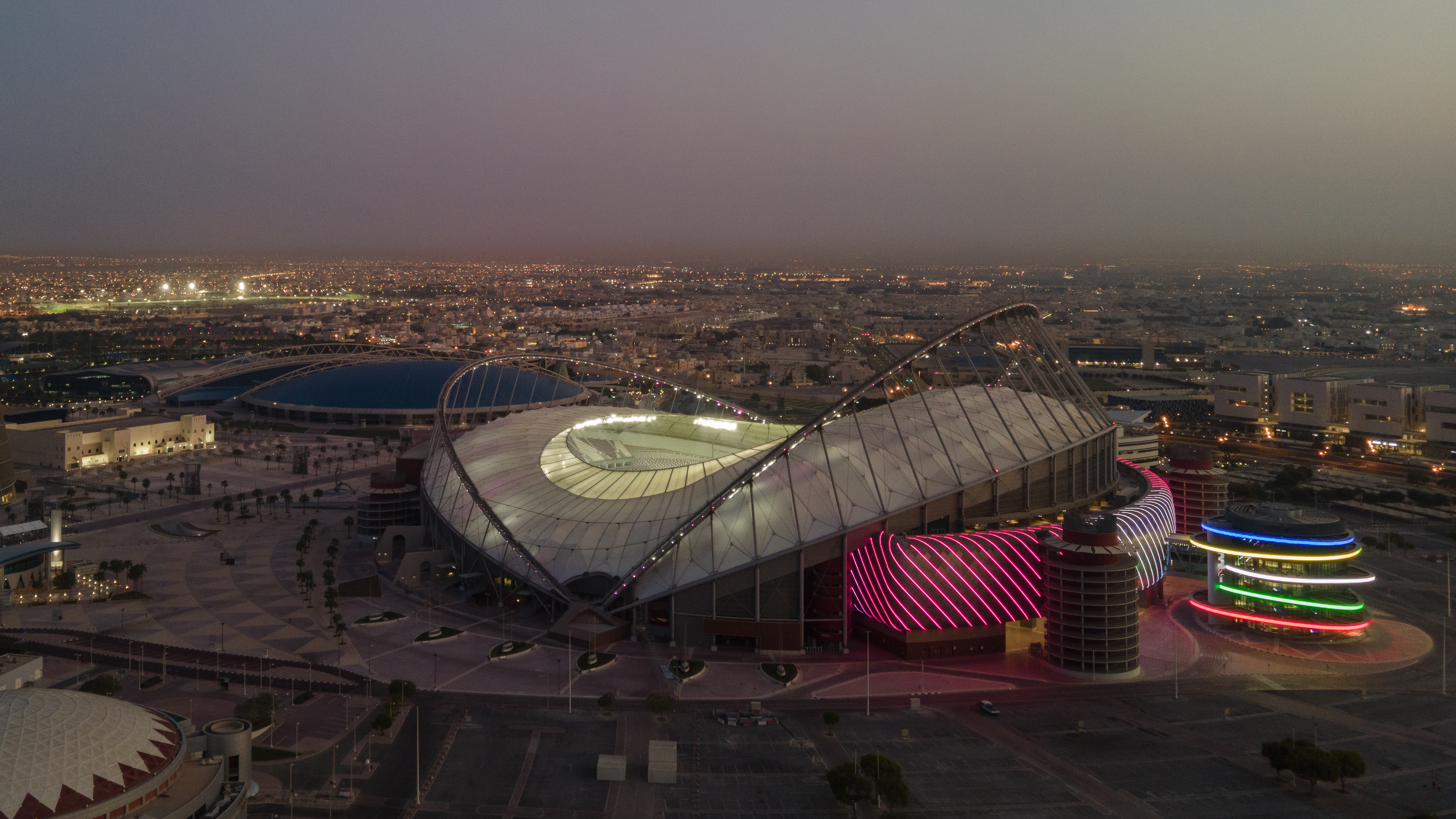 The ethics of watching the Qatar World Cup
The ethics of watching the Qatar World CupTalking Point Run-up to the greatest show on earth has been mired in controversy over country’s poor record on LGBTQ+ and human rights
-
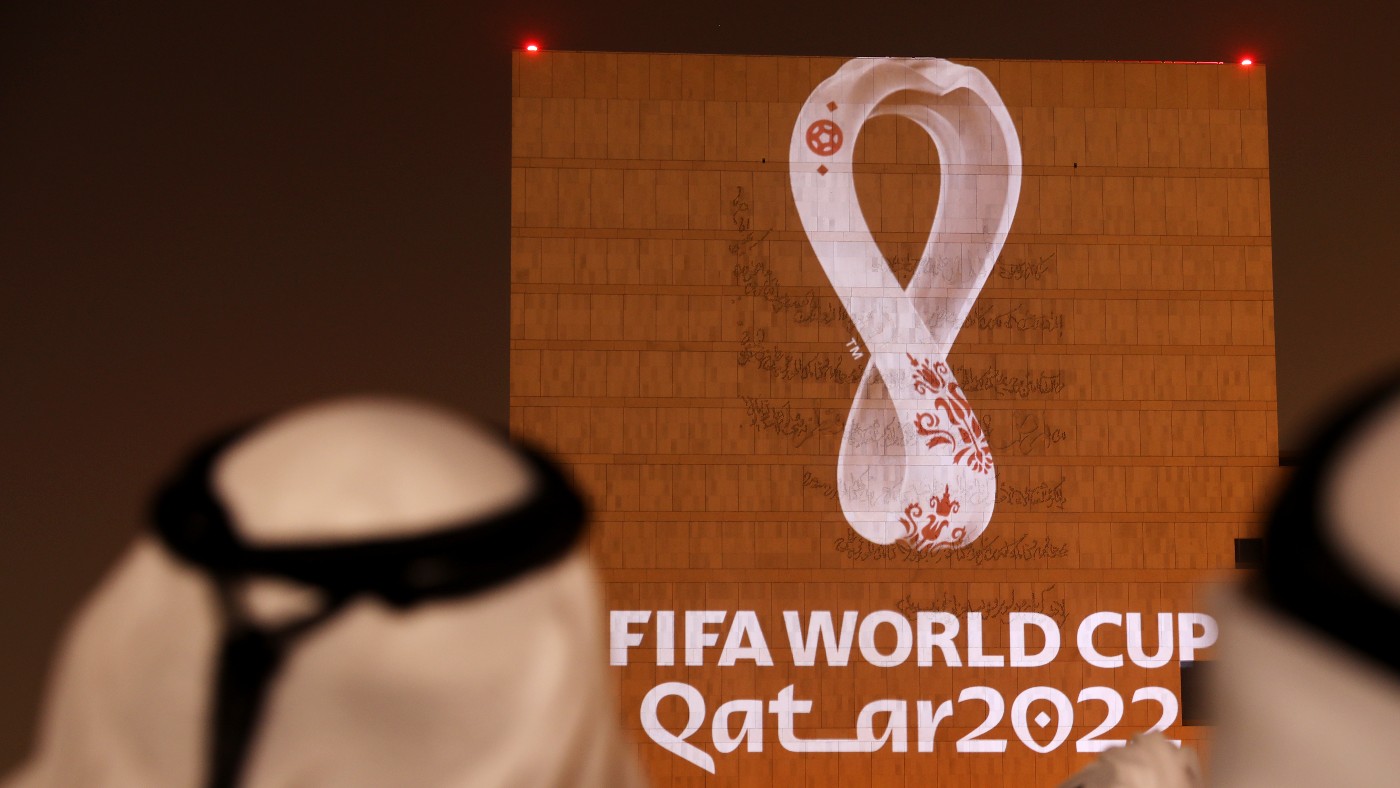 The arguments for and against boycotting sporting events
The arguments for and against boycotting sporting eventsPros and Cons Protesters say regimes are ‘sportswashing’ but others argue that shunning tournaments is ineffective
-
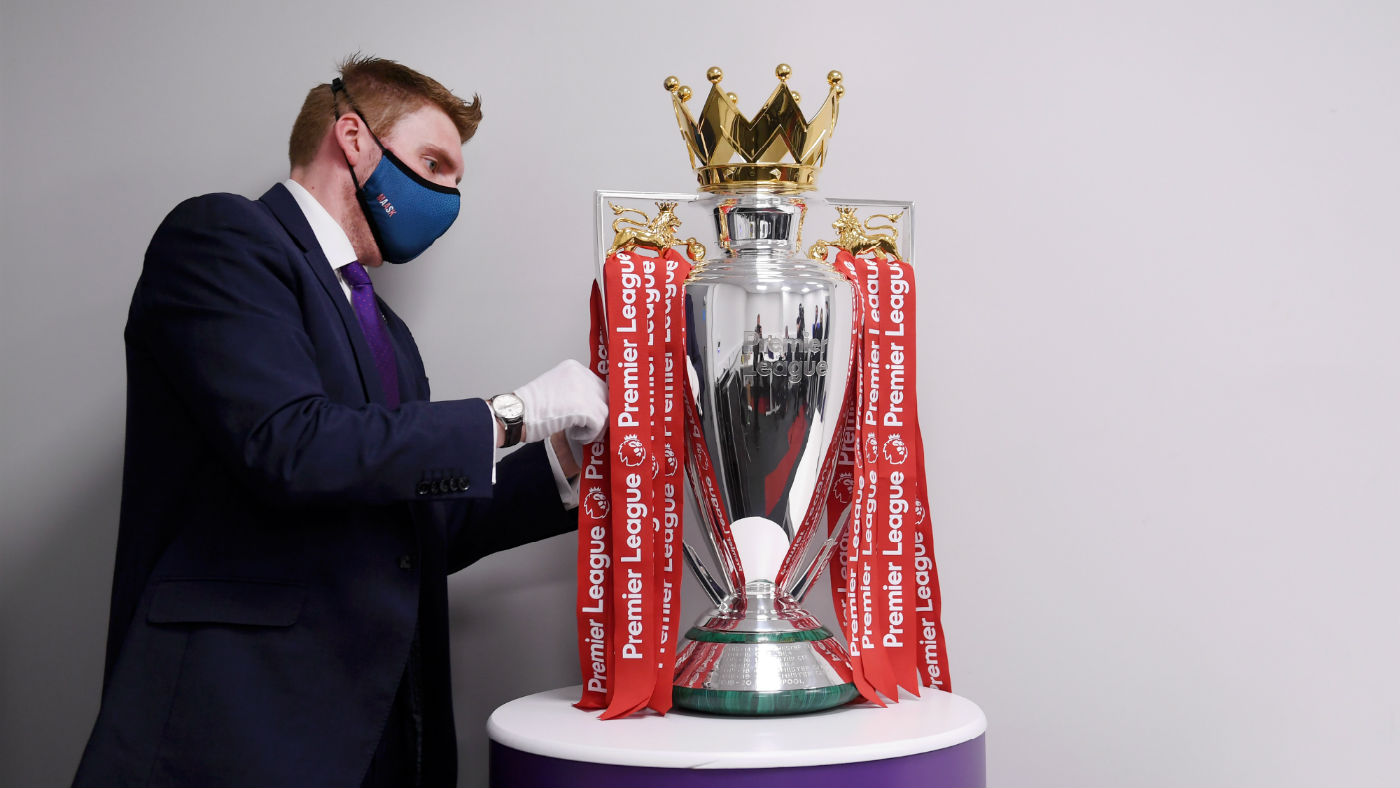 Premier League 2020-21 predictions and odds: champions, top four, relegation
Premier League 2020-21 predictions and odds: champions, top four, relegationThe Week Recommends A look at what the football media has to say ahead of the new season
-
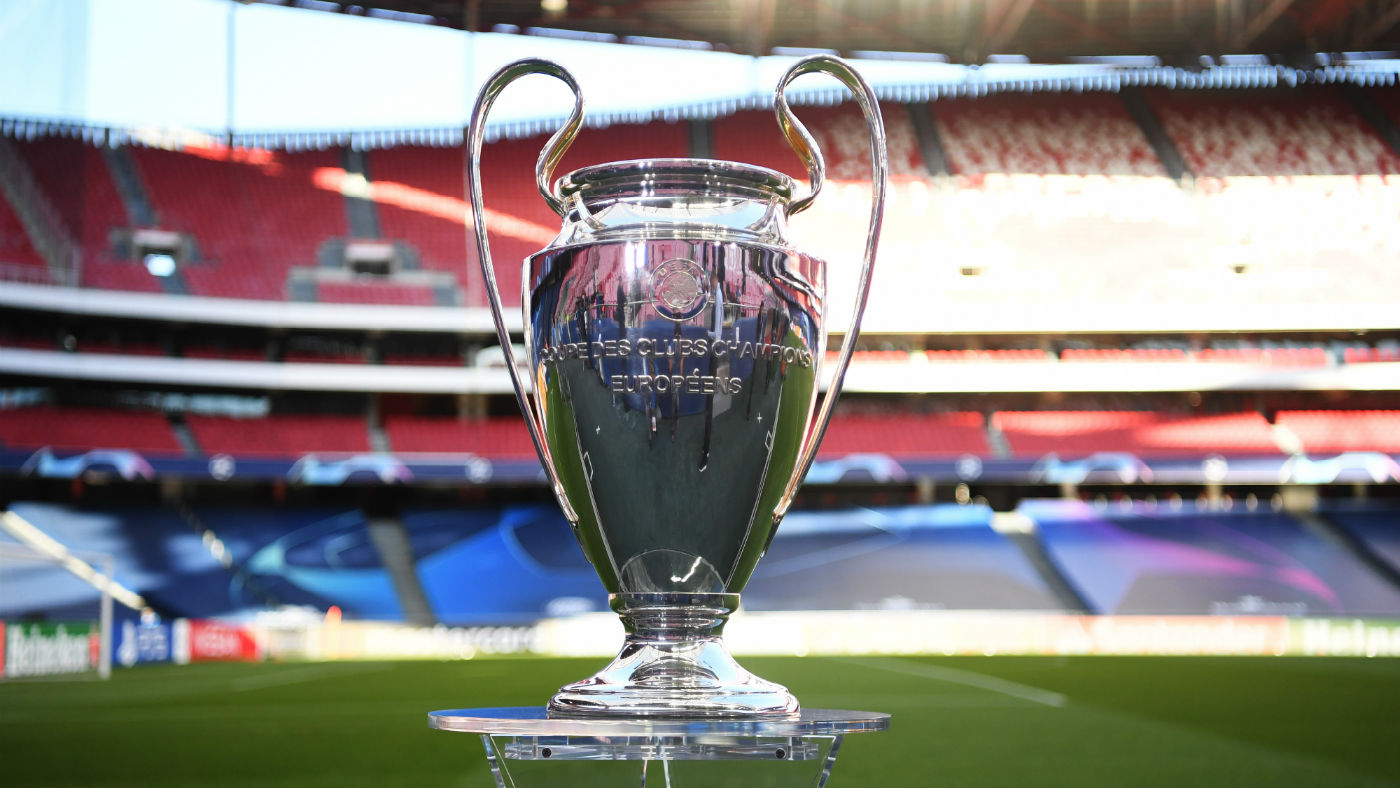 Paris Saint-Germain vs. Bayern Munich: Alphonso Davies expects a ‘goalfest’
Paris Saint-Germain vs. Bayern Munich: Alphonso Davies expects a ‘goalfest’The Week Recommends Key talking points ahead of the Champions League final
-
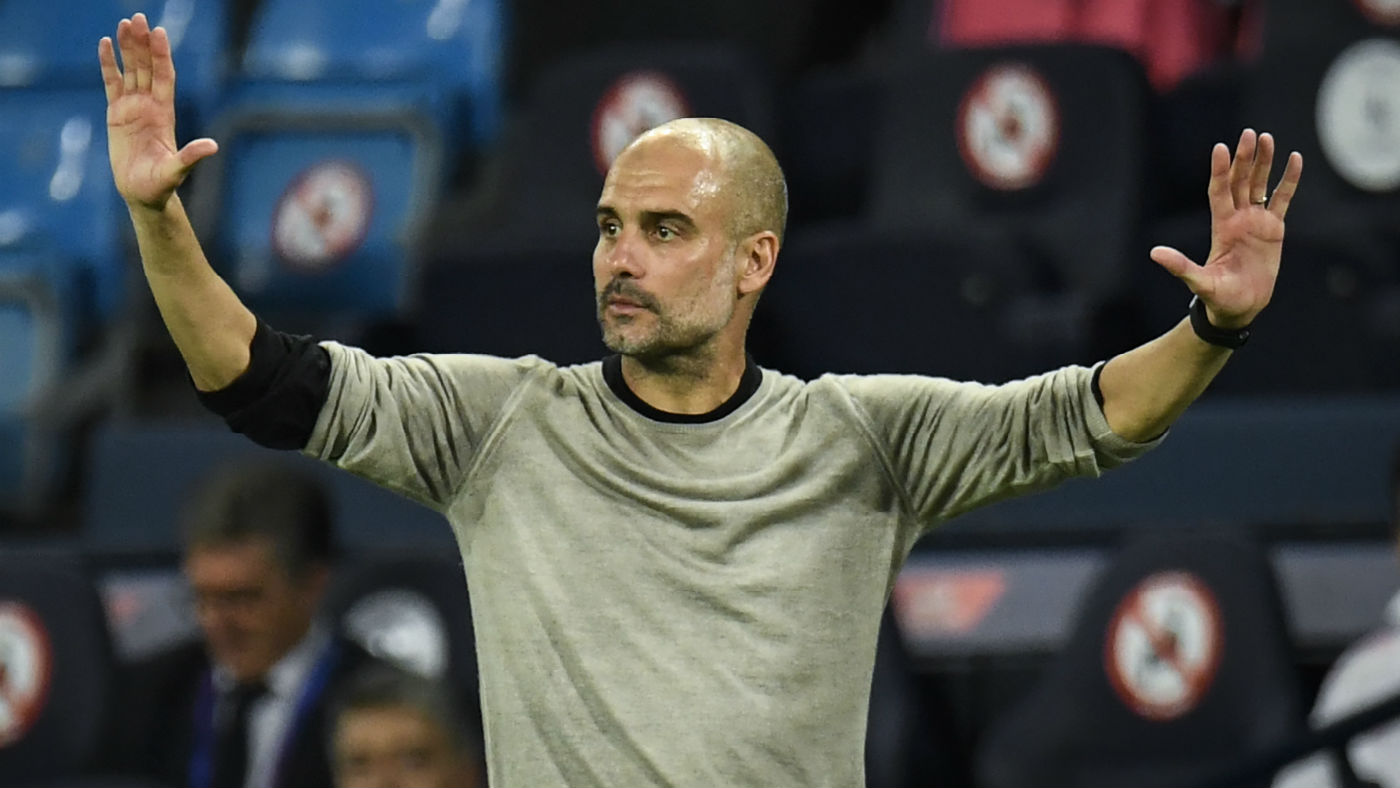 Man City’s ‘World Cup’: Pep Guardiola’s team bid for Champions League glory
Man City’s ‘World Cup’: Pep Guardiola’s team bid for Champions League gloryThe Week Recommends Sky Blues prepare for a potential three knockout games in eight days in Portugal